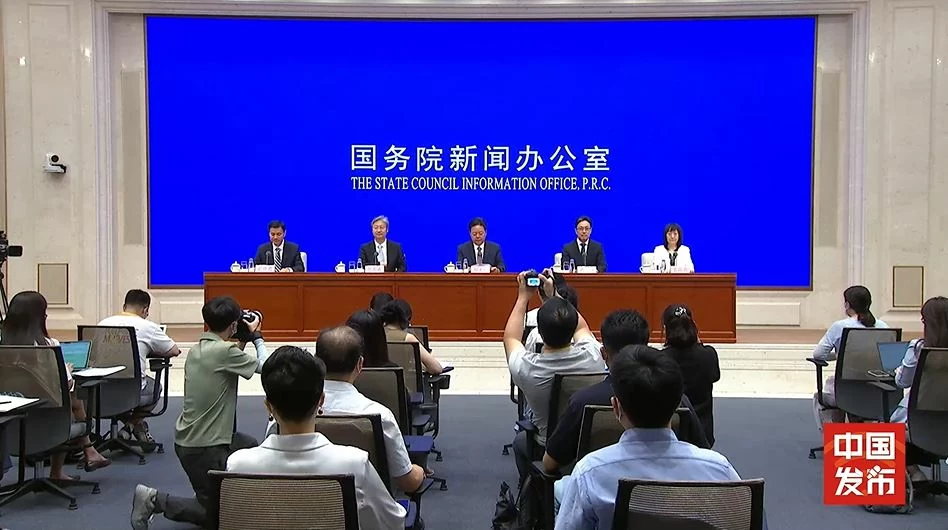Per a press conference on July 18, 2023, Hu Wenhui, deputy director of the China National Intellectual Property Administration (CNIPA), stated: In the first half of the year, a total of 433,000 invention patents and 1.104 million utility models were granted. Further, 35,000 PCT international patent applications were filed; 33,000 patent reexamination cases were concluded, and 4,433 invalidation cases were concluded. Chinese applicants submitted a total of 957 international design applications through the Hague System. Compared with the first half of 2022, this represents a 25% drop in utility model grants and 10% increase in invention patent grants. Design patent grants also dropped 10%.

The drop in utility models and design patents and increase in invention patents indicates a shift in China’s goal from quantity to quality. China has been cracking down on “abnormal” patents, mostly designs and utility models that do not undergo substantive examination, with almost 1 million of these abnormal patent applications identified in 2022 alone. Further, China has been reducing patent subsidies and rewards steadily with an end target date of 2025.
With respect to patent linkage, Zhang Zhicheng, Director of the Intellectual Property Protection Department of the CNIPA stated,
lIn July 2021, the CNIPA and the State Food and Drug Administration jointly issued the “Measures for the Implementation of the Early Resolution Mechanism of Drug Patent Disputes (Trial)” and the “Administrative Measures for the Early Resolution Mechanism of Drug Patent Disputes” to realize the interlinking of listing approval of generic drugs and the infringement of innovative drug patents. In the past two years, CNIPA has received a total of 140 requests for administrative adjudication cases, and closed 112 cases, involving more than 30 kinds of drugs and more than 50 specifications. A total of 25 original drug companies acted as petitioners to file requests against 42 generic drug companies, among which the antineoplastic drug Neratinib Maleate involved the largest number of cases. The average closing period of the concluded cases is about 166 days, and the shortest closing period is 35 days.
With respect to the crackdown on malicious trademark registrations, Hu Wenhui stated that CNIPA “cracked down on a total of 249,000 malicious registrations of trademarks.”
CNIPA is also assisting China companies in foreign IP protection by setting up 43 National Overseas Intellectual Property Dispute Response Guidance Centers covering 27 provinces. Zhang Zhicheng said that these centers
ltimely monitor dispute information in key fields such as US patent disputes, “337 investigations”, cross-border e-commerce disputes, and foreign-related trademark squatting, and strengthen early warning. This year, in response to issues such as the high incidence of overseas intellectual property disputes in key industries, we will carry out guidance on the response to overseas intellectual property disputes in the information communication and biomedical industries, and effectively improve the overseas intellectual property risk response capabilities of relevant companies.
With respect to open licensing, more than 1,500 patentees from 22 provinces participated in the licensing program yielding 8,000 licenses.
The full text of the press conference is available here (Chinese only).

